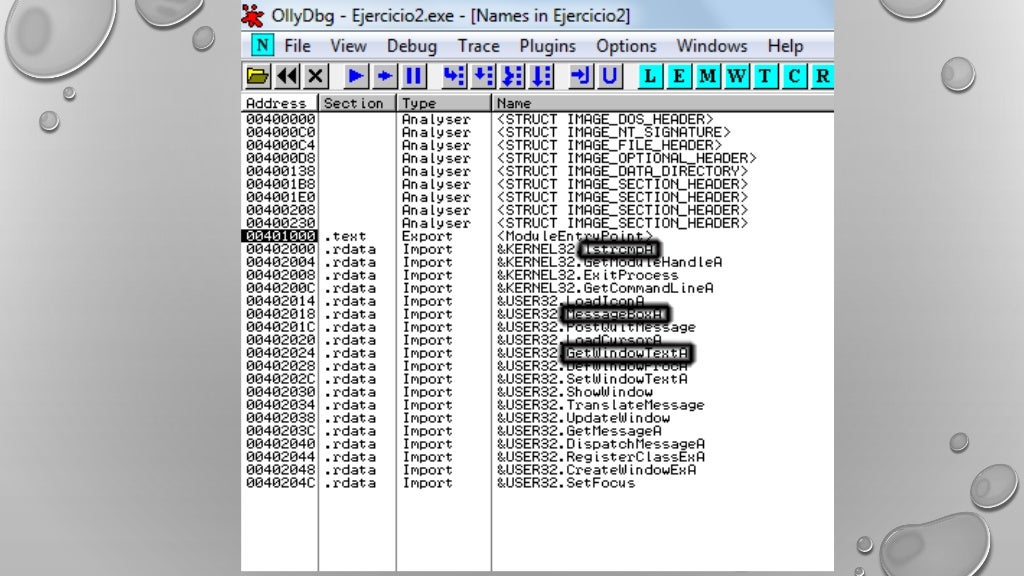

It’s possible to use the COMMENT directive to define a comment which consists of multiple lines, using the MASM syntax: It can be extremely useful for 64-bit targets, as the more mature OllyDbg can only handle 32-bit executables at the moment. For example, the option to disassemble external code is not available, as the debugger doesn’t expose this information.ĭespite of the limitations, 圆4_dbg evolves quickly, and is already usable for many tasks. X64_dbg is a relatively new project, and thus not all features could be implemented for it. Starting from version 2.3, the Multiline Ultimate Assembler plugin supports the 圆4_dbg debugger in addition to OllyDbg and Immunity Debugger. Multiline Ultimate Assembler v2.3 is out. These options can be set in the INI file of OllyDbg, in the plugin’s section.įor your convenience, here are the dbghelp.dll and symsrv.dll files: You can also choose to retrieve undecorated symbol names. For OllyDbg v1.10, there’s additional functionality: you can set the symbols search path, which is set by default to SRV*.\Symbols*. Using this approach, loading is still fast, but if you need to load extended debug information for a module, you can easily do that. The Symbols on Demand plugin provides the best of both worlds: it disables loading of this extended debug information by default, but allows to load it explicitly for any module, at any time. On the other hand, this information is very handy, so there’s a dilemma as of whether to turn it on. The problem is that if you turn on this option, module loading becomes much slower. OllyDbg is able to use dbghelp.dll and symsrv.dll to show extended debug information, such as the module source code (if referenced by the debug information) or module symbols from a PDB file (which can be fetched from the Microsoft Symbol Server for system modules).


 0 kommentar(er)
0 kommentar(er)
